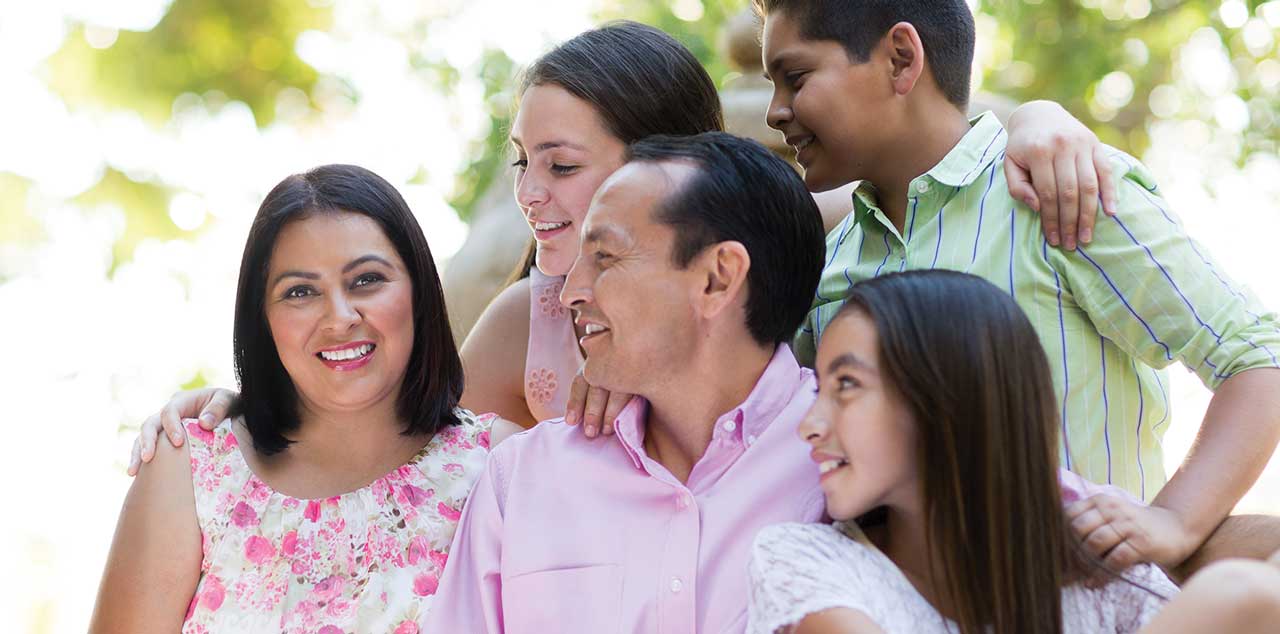“So many issues are relational and involve conflict with spouses or family members, so it’s incredibly helpful to have someone from a patient’s home environment participate regularly in treatment,” says Camarda. “As social beings, we have an inherent need to be understood and accepted, and this approach helps everyone feel more connected and invested in making progress.”
The enhanced level of involvement has additional benefits:
- Therapists have the opportunity to better understand how patients exist and interact in their external environment, which may be different from how they present themselves in therapy.
- Therapy can focus on greater support for patients by more clearly identifying and addressing barriers to family support or inherent feelings of shame that lead to a disconnect.
- When patients feel more connected to a loved one, they are less likely to put themselves in harmful situations in the future.
“We work to establish connections that decrease anxiety and establish more confidence at discharge, enabling outpatient providers to build on this momentum,” explains Camarda. She offers the following advice for fostering continued success after partial hospital or intensive outpatient therapy:
- Be proactive in asking about support relationships, as patients may be hesitant to voice concerns.
- Encourage patients to invite their support person to therapy to continue work on specific issues, and identify goals for those meetings.
- Focus on continuing to dissolve the experience of shame and build an understanding of how it impacts relationships.
The Support Engagement Program, which was shaped by feedback from the pilot program and approved by the Princeton House leadership team, is being made available at all Princeton House Women’s Program outpatient sites this fall.
"It’s exciting to see these sessions create an additional path for supporting individuals who can’t necessarily support themselves,” adds Camarda. “We’re making an already successful program even better.”
An Interactive CurriculumThe Support Engagement Program is designed to help both patients and their loved ones increase insight, practice skills, and discuss specific strategies for applying concepts to the relationship. Each week focuses on a topic that often comes up among family members, including mental health and substance use disorder, validation and recreational mindfulness, stages of change, understanding shame, and building resilience. |
For information about the Women’s Program, visit princetonhouse.org/women or call 888.437.1610.
Article as seen in the Fall 2019 issue of Princeton House Behavioral Health Today.



